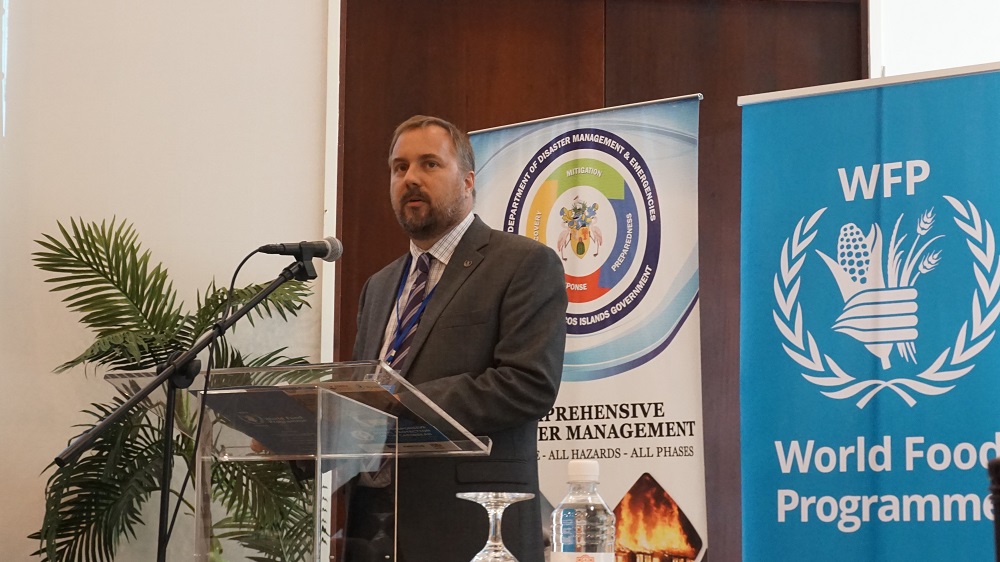Caribbean News
Jamaica chosen as model for Caribbean Disaster Response Coordination

Caribbean News
Mottley Sworn in After Historic Clean Sweep in Barbados Election
Caribbean News
Liberty Caribbean Committed to ‘Elevating Region’ at CANTO
Caribbean News
Adam Stewart named CNW’s Businessman/Philanthropist of the Year for 2025
-

 News4 days ago
News4 days agoThe Department of Trade, Industry & Fair Competition to Host Export Readiness Workshop Under the theme “Empowering TCI Businesses for Local Growth and Global Markets.”
-

 TCI News6 days ago
TCI News6 days agoExperience Turks and Caicos and Aquila Host Product Development Workshops to Strengthen Sister Islands Tourism
-

 Bahamas News1 day ago
Bahamas News1 day agoTens of Millions Announced – Where is the Development?
-

 News3 days ago
News3 days agoStrong December Performance Signals Continued Demand for the Turks and Caicos Islands
-

 News5 days ago
News5 days agoMulti-Agency Planning Enforcement Operation Conducted at multiple locations in Providenciales
-

 Bahamas News7 hours ago
Bahamas News7 hours agoGroundbreaking for Grand Bahama Aquatic Centre
-

 Caribbean News4 days ago
Caribbean News4 days agoMottley Sworn in After Historic Clean Sweep in Barbados Election
-

 Health7 hours ago
Health7 hours agoWhat to Look for with Self-Checks at Home













